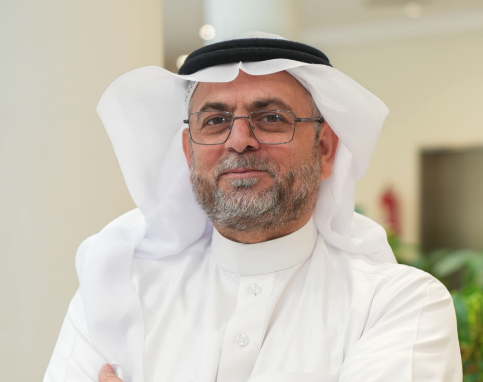...
Established 1990
+966112495943
Email: info@arrowad.sa
Arrowad International Group
P.O.Box 90987, Uthman Ibn Affan, AtTaawn, Riyadh 11623, KSA
If you still have problems, please let us know, by sending an email to support@website.com . Thank you!
Established 1990
+966112495943
Email: info@arrowad.sa
Arrowad International Group
P.O.Box 90987, Uthman Ibn Affan, AtTaawn, Riyadh 11623, KSA
Education has been a necessity since the beginning of human activity on Earth, aimed at transferring knowledge and learning the skills needed by the youth of that time. These skills enabled humans to continue living, earn a livelihood, and fulfill their needs. With the evolution of circumstances and the emergence and flourishing of human communities, people needed more advanced means to meet the needs of learning and education, this led to the establishment of early forms of education, such as (Kataatiib) which are a type of elementary school in the medieval Islamic world, which later evolved into formal schools, as seen in ancient Egypt and Greece. In the East, the Chinese philosopher Confucius contributed to the development of education with his philosophy, influencing educational systems and curricula in the Far East.
The technological revolution and the development of communication systems have brought about a tangible revolution in the methods of communication between teachers and learners, with the advent of the internet and the expansion of the web, accessing information has become easier than ever before. However, this has not eliminated the need to continue the process of education with its essential components, including the teacher, the student, the curriculum, the educational environment, and the home, even though methods and tools may vary.
In recent times, there has been increasing questioning of the relevance and necessity of traditional school methods, considering the ease of access to information and the ability to communicate with teachers without the need to physically travel from home. This saves a lot of money and effort, as well as resources in terms of buildings and transportation. Advocates of e-learning and remote education cite these strong justifications in support of the idea of a complete transition from traditional to modern education, especially with the advancement of software and the quality of audio-visual communication provided by modern platforms such as Microsoft Teams, Zoom, Google Classroom, and Blackboard. These tools have proven successful in environments with strong internet connections and users equipped with modern devices capable of accessing high-quality content.
On the other hand, proponents of the traditional school argue that the old-school model is still a pressing need to create the necessary human interaction for learning essential skills. They believe that teachers can induce behavioral changes in children through direct interaction more effectively than virtual learning. Additionally, they highlight the numerous technical problems and weak communication in impoverished environments, not to mention the lack of access in geographically vast areas that cannot be underestimated globally.
When global lockdowns began with the spread of the COVID-19 pandemic in 2019, reaching its peak in 2020, the world found itself facing a real test, with varying levels of preparedness. Some countries successfully transitioned to online and remote learning without significant obstacles, as seen in Singapore, while others struggled to provide viable solutions. Many countries managed to bridge the gap and continue the school year in one way or another, illustrating that what seems insurmountable is not a one-size-fits-all challenge.
Concluding the crisis, the veil was lifted on the results of the experiment, confirming that traditional education, with its human interaction, is indispensable for learning essential skills and encouraging collective action. Simultaneously, humanity realized that modern technology could provide quality solutions during crises and serve as a catalyst for the learning process, supporting access to knowledge and skill development. Graduates will inevitably encounter technological tools in the workforce, and lacking these skills could hinder their competitiveness in a job market that heavily relies on technology across all sectors.
These observations lead us to favor a shift towards blended learning or mixed education, defined by the Oxford Dictionary as a type of education where subjects are taught in the classroom using various technologies and learning through the internet, blended learning provides an opportunity for teachers and students to engage in face-to-face learning, leveraging various methods, including body language, a significant aspect of communication and understanding the other party. At the same time, students remain connected to the wealth of information provided by the internet, with the ability to search, investigate, link, and exchange data with classmates. Students can train on software and familiarize themselves with the latest technologies, crucial offerings that educational systems strive to provide. Content creators in the past two decades have contributed interactive versions of the curricula they produce, shifting away from dominance by print content in the publishing market. Any textbook without an interactive electronic link is not qualified for widespread use within modern educational systems.

Curriculum Development Consultant - Arrowad International Group
![valuepoسst03-01 [Recovered]-02](https://arrowad.sa/wp-content/uploads/2023/06/valuepoسst03-01-Recovered-02-54x54_c.png)


